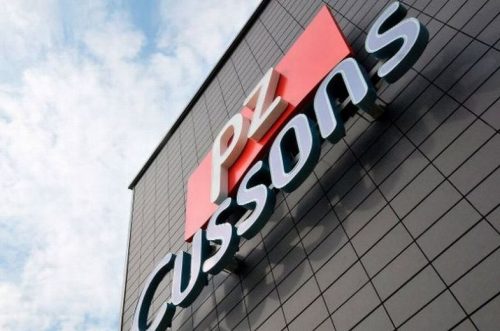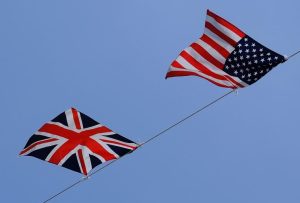PZ Cussons hopeful of repatriating Nigerian cash as sale process nears completion

PZ Cussons, the Manchester consumer products group which includes the Carex brand, expects to repatriate up to £50m of cash from its Nigeria operations, reducing its gross debt levels.
Ahead of its Annual General Meeting today, the group has issued a trading update, including new data on its Nigeria business.
It said trading has continued to be in line with expectations and consistent with the 2024 financial year outlook provided at the 2023 full year results on September 26.
The group expects to report low-single-digit like-for-like revenue growth for H1 FY24. This reflects strong growth in Nigeria and ANZ, offset by a decline in Indonesia.
Its Europe and Americas business is stable overall, with significantly improving momentum in the UK washing and bathing brands offset by a decline in the Beauty business.
The group expects to deliver a robust year-on-year operating margin improvement in H1 FY24 and both revenue growth and operating margin to improve in the second half, compared with the first.
Turning to Nigeria, the group said, building on the strategic progress already made there since the loss-making position in 2020, trading in the first half of the year has continued to be strong.
The majority of its brands have held or gained market share and it has seen no material change in volume trends in recent weeks. The group expects to achieve an improvement in both gross and operating profit margins in the first half of the year, despite very high levels of inflation.
As noted in September in the full year results, the lack of availability of US Dollars in Nigeria has created significant challenges for the day-to-day funding of the Nigerian business and the repatriation of cash to the group’s holding companies. This issue was exacerbated in June 2023, following the new government’s liberalisation of the FX regime and resulting devaluation of the Naira.
PZ Cussons has since accelerated both its operational and corporate plans, enabling it to mitigate these risks so far in FY24. More broadly, in recent weeks, FX market liquidity has shown tentative signs of improvement.
As a result, the business in Nigeria expects to be able to continue to meet its needs for the foreign currency required for day-to-day operations, which will eliminate the need for further lending from the group’s holding companies.
The group has also started to repatriate cash in recent weeks which, combined with underlying strong free cash flow, is expected to result in a c.£20m reduction in group gross debt since May 31, 2023.
Based on prevailing rates, the current Naira cash balance is equivalent to approximately £80-100m. Assuming current market conditions persist, the group aims to repatriate a further £30-50m of cash by the end of FY24.
The proposed transaction to de-list and buy out the minority shareholdings of PZ Cussons Nigeria plc is progressing as planned, with the transaction expected to complete before May 31, 2024, when it expects only a minimal surplus cash position remaining in Nigeria, beyond that required for trading, by the end of this financial year.
The group will report its 2024 interim results on Wednesday, February 7, 2024.
Russ Mould, investment director at Manchester investment platform, AJ Bell, said: “Imperial Leather and St Tropez maker PZ Cussons had some good news from its Nigerian business for a change as it enjoyed strong trading, although a planned delisting from the country’s stock exchange is expected to provide a hit to earnings.
“The financial instability in Nigeria, and particularly the volatility of its naira currency, have been a regular problem for the company. The company’s strategy to mitigate these risks is being implemented and if the Nigerian arm is to have a long term future in the group the company really needs to execute on this plan – including repatriating funds held in naira amid a lack of US dollars in Nigeria.
“More broadly, its brands seem to be holding up reasonably well – although more so in washing and bathing than in the beauty arena. It’s probably no bad thing to be at a price point between more expensive consumer brands and supermarket own-label products.”








